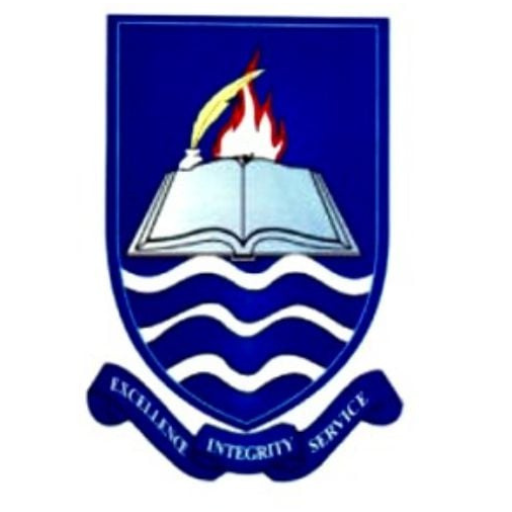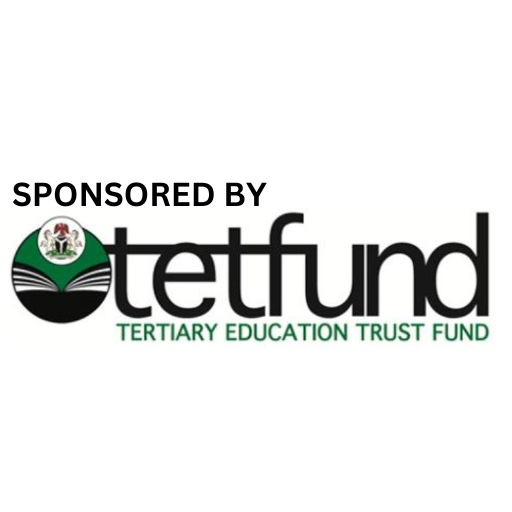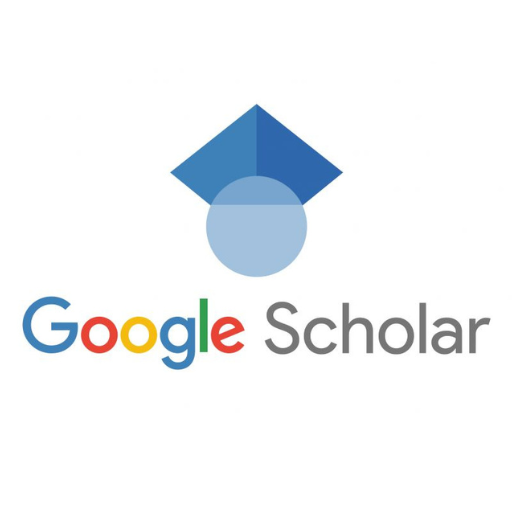Nigeria Learning Passport Initiative: Advancing Digital Literacy in Basic Education
Keywords:
NLP, Learners, Digital Literacy, Basic Education, PassportAbstract
Nigeria Learning Passport (NLP), is a recent initiative aimed at strengthening basic educational provision in the country. This learning initiative would complement the face-to-face conventional teaching mode. The implemented initiative has the characteristic of being used either online or offline platform with mobile technology that enables continuous access to different learning contents in different subjects matter for basic education levels and learners can engage in the learning process either in school, at home, rural or in an urban setting. This inclusive approach ensures that no child is left behind due to geographical or technological constraints. Based on this background, the paper x-rayed the concept of Nigeria's learning passport and its brief historical trend; and discusses basic Educational Components and NLP in the Basic Education System. Similarly, the paper highlighted educational advantages around the use of NLP for providing inclusive basic education which include: The initiative provides and awakens government responsibility (Ministry of Education) to re-enact e-learning platform, with detailed core-curriculum contents across basic education subjects, which was arranged in a logical order; Reveal students searching skills and competency on core-curriculum contents of studies, that is Science, Arts and or Commercial since most of them are digital natives; Provides opportunity for students to engage on extra-lesson, on subjects or topic found challenging and Have the advantage to provides support system to both learners in school or outside the school system. Some of the identified challenges are: non-availability and access to devices (Mobile phones, Laptops) by some learners and Issues around the use of Ziro bite data and or education data plan to be available and free for users' connectivity in school. Lastly, recommendations were made and these include: The government should ensure the provision of customized devices (Mobile phones, Laptops) to learners and Ziro bite data and or education data plan to be made available and accessible for users' connectivity in schools.







